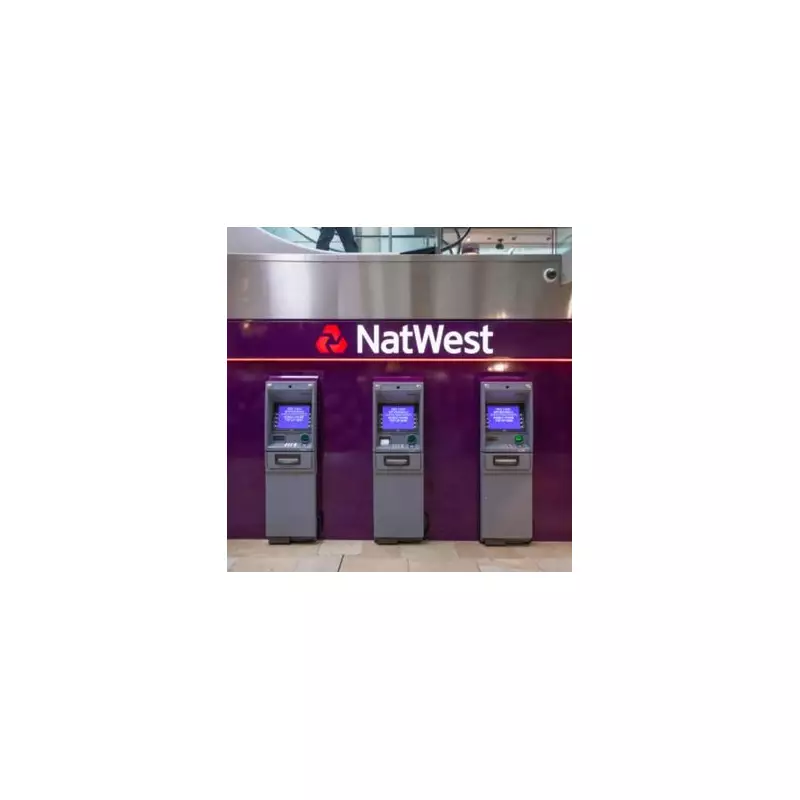
NatWest has sounded the alarm on a dangerous banking habit that could leave customers exposed to sophisticated fraudsters during the ongoing cost of living crisis. The bank's latest security alert highlights how everyday banking behaviour is being exploited by criminals.
The Hidden Danger in Everyday Banking
According to NatWest's security team, customers who regularly check their account balances through mobile or online banking are becoming prime targets for fraudsters. The bank has identified a worrying trend where scammers monitor this behaviour to time their attacks perfectly.
How the Scam Works
Criminals are using increasingly sophisticated methods to intercept banking information. When they detect frequent balance checks, they know the account is active and the customer is financially engaged. This knowledge allows them to craft convincing fake messages that appear at the most opportune moments.
The fraud typically unfolds in several stages:
- Scammers monitor for regular banking activity patterns
- They send convincing fake security alerts or payment confirmation requests
- Customers are tricked into revealing sensitive information
- Funds are rapidly transferred out of accounts
Protecting Yourself From Financial Fraud
NatWest emphasises that while checking your balance is important, customers need to be extra vigilant about unexpected communications. The bank recommends several protective measures:
- Never share security details in response to unsolicited messages
- Verify communications directly through official banking apps or websites
- Enable two-factor authentication on all banking accounts
- Monitor accounts regularly but be cautious of following links
Rising Threat During Economic Pressures
The warning comes at a critical time, with many Britons feeling the pinch from rising living costs. Fraudsters often exploit financial anxiety, creating fake offers or urgent security alerts that prompt rash decisions.
"During periods of economic uncertainty, we typically see an increase in sophisticated fraud attempts," explained a NatWest security spokesperson. "Customers are checking their balances more frequently, which unfortunately provides scammers with additional opportunities."
What to Do If You Suspect Fraud
If you receive any suspicious communication claiming to be from your bank:
- Contact your bank immediately using the number on the back of your card
- Do not use any phone numbers or links provided in suspicious messages
- Report the incident to Action Fraud
- Monitor your accounts closely for unusual activity
NatWest continues to invest in advanced security measures, but emphasises that customer awareness remains the first line of defence against increasingly sophisticated financial fraud.





